This month’s Alert examines the continuing uncertainty with the Estate and Gift Tax and the unique, limited-time opportunities which are available now.
The Congressional “Super Committee” failed to reach bipartisan agreement in structuring a deficit reduction plan. This means that unless Congress takes action in 2012, there will be automatic budget cuts totaling $1.2 trillion over ten years, beginning in January 2013. Given that 2012 is an election year, both parties will be weighing whether it is more politically advantageous to take action or simply let the automatic budget cuts take effect. What does this mean for the fate of the estate and gift tax? There is increased pressure to close the budget deficit, by cutting spending and increasing taxes.
The current tax law, set to expire on December 31, 2012, provides for an estate and gift tax rate of 35%, lifetime gifts up to $5 million per person and an estate tax exclusion of $5 million upon death (adjusted for inflation to $5,120,000 in 2012). With proper planning, a married couple could pass $10 million or more during life or at death free from estate and gift taxes.
Lifetime gifting reduces the amount that can be passed free of estate tax at death. For example, a taxpayer with a net worth of $6 million who made lifetime gifts of $3 million in 2011 and then passed away in 2012 would have an estate of $1 million subject to estate tax ($6 million, minus $3 million in lifetime gifts, equals $3 million. $3 million, minus the taxpayer’s remaining $2 million estate tax exclusion amount, leaves $1 million subject to estate tax). Of course, this example assumes no change in the law or the value of the taxpayer’s estate between now and her date of death. It also disregards the availability of the annual gift tax exclusion amount and other estate planning strategies that could have further reduced the size of the client’s taxable estate.
The lifetime gift exclusion and estate tax exclusion are set to be reduced to $1 million as of January 1, 2013. As discussed, it is possible that Congress will piece together a deficit reduction package in 2012 which would alter this planned reduction in the amount that can be passed free of estate and gift taxes. Congress could accelerate the planned reduction or increase estate and gift tax rates so as to increase tax revenues in 2012 and beyond.
Given the uncertainty with regard to the fate of the estate and gift tax, as well as the state of the economy, many estate tax attorneys and financial planners are advising clients to act now to take advantage of the current $5 million gift tax exclusion amount, while it remains available. A taxpayer taking advantage of this opportunity could reduce the size of his or her estate by $5 million or more ($10 million or more for couples), plus the amount of any growth on those assets between the time of the gift and the death of the taxpayer(s). By taking advantage of several estate tax planning strategies, including life insurance trusts, grantor retained annuity trusts, qualified personal residence trusts, family limited partnerships, and sales to defective grantor trusts, the size of the reduction in the taxable estate could be leveraged to an even greater amount. This could mean millions of dollars in estate tax savings, assuming the taxpayer lives past 2012 and the scheduled changes to the estate and gift tax in current law come about.
So why aren’t more taxpayers with sizeable estates taking advantage of this unique, limited-time opportunity? For many, it is simply a matter of not wanting to part with a sizeable portion of their wealth during a time of economic decline. But, for those who can part with some of their assets, many economists and financial planners believe that the timing is perfect. Many advisors believe that, with real estate and financial markets depressed, this is a great time to transfer assets at a reduced valuation and that the likelihood of long-term appreciation is great. Should the economy recover and the markets rise in the future, that future appreciation would be out of the taxpayer’s estate. In addition, planning strategies such as grantor retained annuity trusts, qualified personal residence trusts, and sales to defective grantor trusts may allow the taxpayer to retain some benefit from the asset while at the same time removing all or a portion of the appreciation in value from his or her estate.
Further, there is uncertainty as to whether a taxpayer taking advantage of today’s higher gift tax exclusion might be whipsawed in the event the estate tax exclusion goes down before the taxpayer’s death. This is sometimes referred to as the “clawback provision” by many estate planning attorneys. The American College of Trust and Estate Counsel, a non-profit national association of estate planning attorneys, recently submitted its “Eight Recommendations to Improve Implementation of Existing Tax Laws” to Congress. One of these recommendations is for Congress to clarify whether the estate of a taxpayer making gifts under current law would face the “clawback” if the amount of the estate tax exclusion is lower at the taxpayer’s death.
While the uncertainty in planning is real, most analysts believe the taxpayer would not be worse off by taking advantage of current tax law. In fact, the taxpayer might be better off, even if the estate tax exclusion goes down and the clawback takes effect. Even if some or all of the value of the lifetime gift is included in the estate of the taxpayer because of the clawback, the growth on that gift between now and the taxpayer’s death would escape inclusion in the taxpayer’s estate.
Our office focuses on estate planning strategies for clients of all wealth levels. As a member of the American Academy of Estate Planning Attorneys (www.aaepa.com), our firm is kept up to date on the latest tax developments and strategies to counteract any changes in the tax law. You can get more information about a complimentary review of your clients’ existing estate plans and our planning and administration services by calling our office or by visiting our website.

